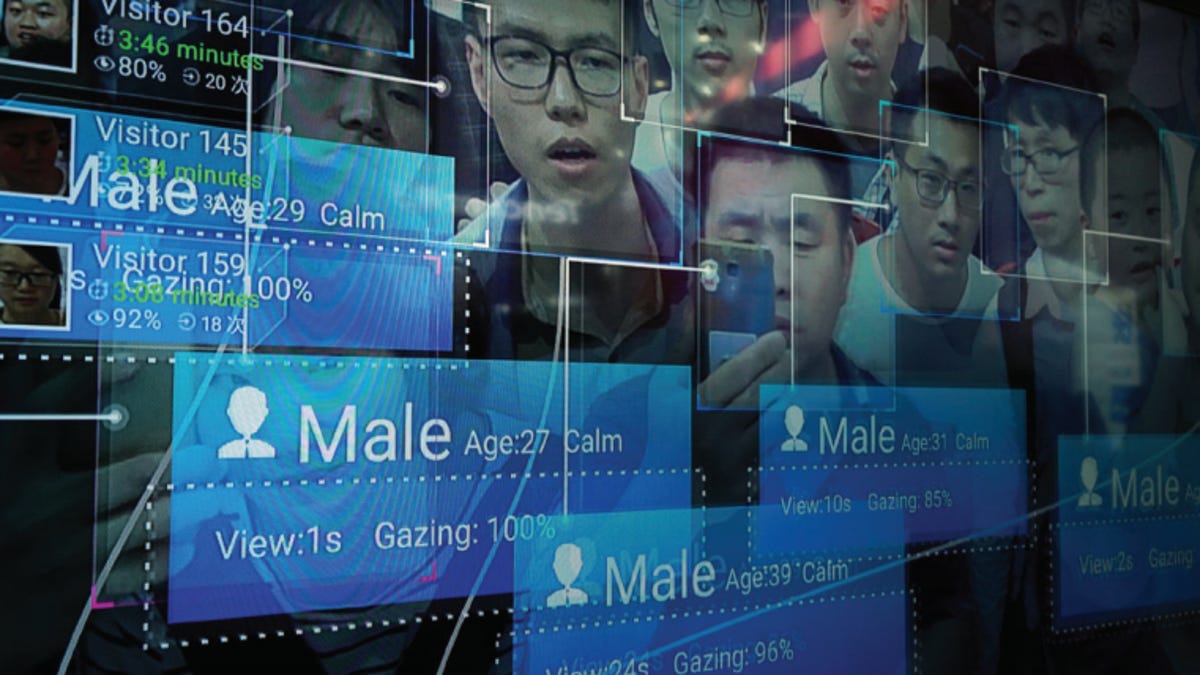The internet is less and less free.
Internet freedom declined globally last year, marking the eighth consecutive year in which overall online activity was curtailed, according to a report released Thursday by Freedom House, a democracy watchdog.
Twenty six countries demonstrated declining internet freedom, according to the report, which surveyed 65 countries. Egypt, Sri Lanka, Venezuela and the Philippines were among the countries showing the biggest drops in internet freedom. Just 19 countries showed improvements.
Freedom House measured a country’s level of internet freedom by looking at access to internet; limits on content, including censorship; violations of user rights, including privacy laws; and records of arrests or attacks prompted by someone’s internet activity.
More than two thirds of the countries surveyed had arrested people for what they said on the internet, and more than half of the countries exhibited significant online censorship, Freedom House said. Election-related issues were behind declines in nearly half the countries showing falls.
Allie Funk, research analyst at Freedom House, said the slide in digital freedom was likely caused by targeted use of fake news and government control of data about its citizens.

‘It’s extremely worrisome,’ Funk said in an interview.
Internet freedom in the US also declined, Freedom House said, citing the end of net neutrality, the Cambridge Analytica scandal at Facebook, concern about misinformation during the midterm elections and the renewal of the FISA Amendments Act, which allows the government to routinely collect personal information.
A total of 71 percent of internet users live in countries in which authorities had arrested or imprisoned people for what they said online, Freedom House said, while 55 percent live in places where online censorship is severe.
Freedom House also said China had taken a tighter grip on internet freedom. The Chinese government implemented a sweeping cybersecurity law and introduced surveillance technology over the past year. State surveillance in Xinjiang, a western region with ethnic and religious minority, has also increased, according to the report.
Freedom House recommended that lawmakers implement stronger data protection laws, enforce international human rights law and impose sanctions on companies involved in surveillance. The researchers also suggested that people need to be more aware of internet freedom issues.
‘Government, tech companies and citizens all have important parts to play,’ said Funk.


